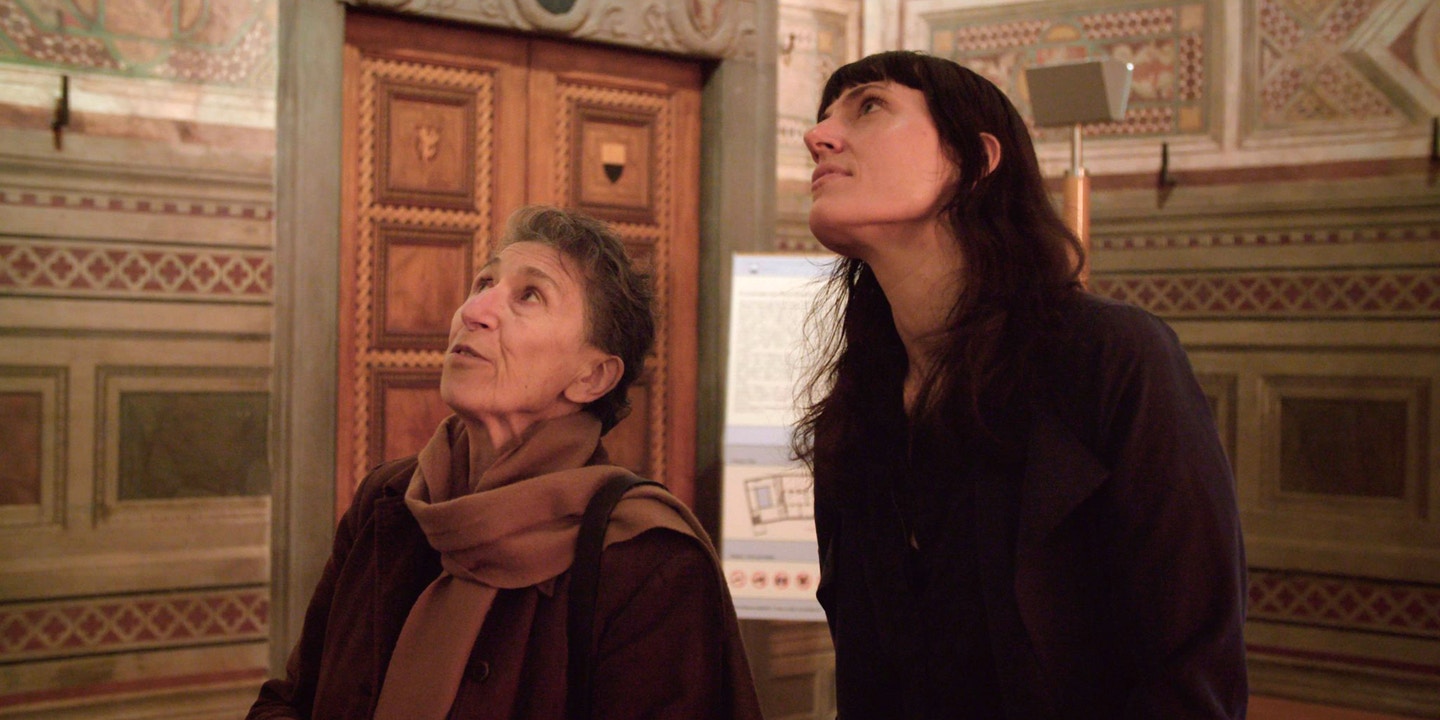This article by John Thomason appeared in The Intercept, January 15th, 2019. Embeded in the article is the trailer to Astra Taylor’s documentary titled, “What is Democracy.” The trailer is 1 minute and 40 seconds.
PLATO BELIEVED THAT a city ruled by the rich could not last. The rich would rule according to their interest in enlarging their wealth, impoverishing everyone else in the process. The poor would not tolerate their raw deal, and they would revolt.
Something like this happened in the city where I grew up. In 2014, a group of leading economists released a report showing that Charlotte, North Carolina, ranked dead last among major U.S. cities when it came to the upward mobility of its poorest residents. Two years later, there was an uprising — hundreds of people flooded the streets, including the city’s main freeway, in protest. The catalyst was the fatal police shooting of the black motorist Keith Scott, but the underlying reasons were decades of segregation, deprivation, and immiseration inscribed into the very architecture of city governance.
If the link to Plato seems trite, it might be because we are not asking the right question. It’s not so much whether dead philosophers have something to teach us about contemporary politics. The question is rather how the struggles of the living can illuminate political theory’s most basic questions.
The new film “What Is Democracy?,” directed by Astra Taylor, appears in its opening moments to be taking the former approach: The title fades in dramatically over a beautiful Athenian vista, and we soon find ourselves listening in on a group of philosophers discussing the Republic over a picnic among the ruins of Plato’s academy. As the scene shifts, though, from ancient Athens to more contemporary locales (including Charlotte in the wake of its uprising) — and the cast shifts from academics to workers, activists, and refugees — it quickly becomes clear that the present will not be cited simply to confirm dead philosophers’ ideas about the way things are. Instead, Taylor asks people who are living today to refine and improve those ideas. MORE…

